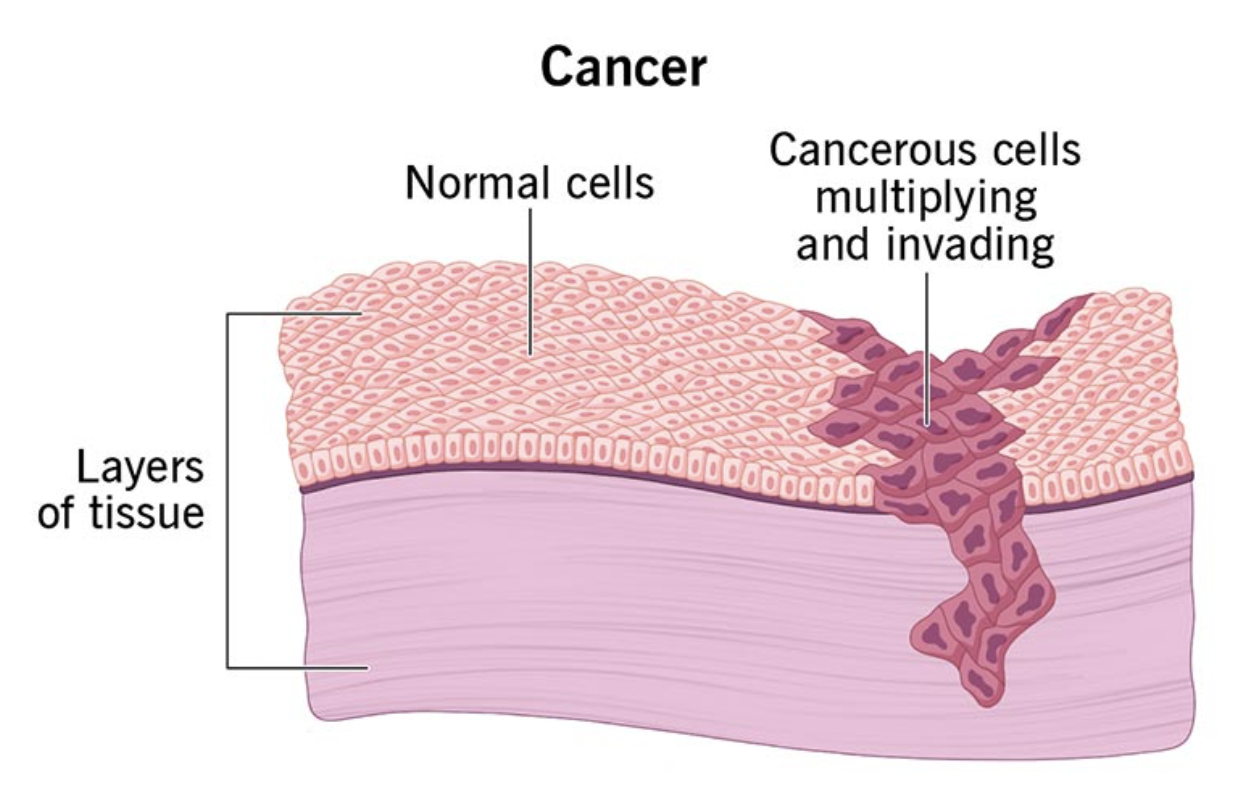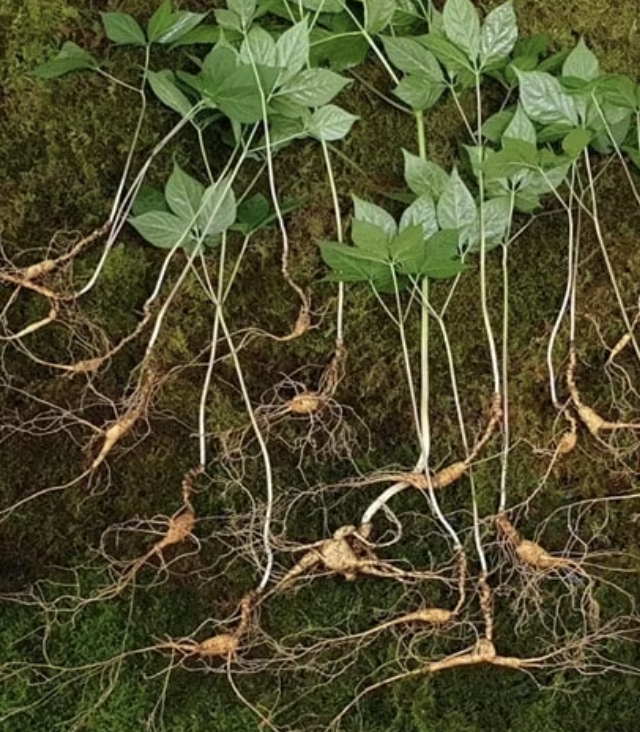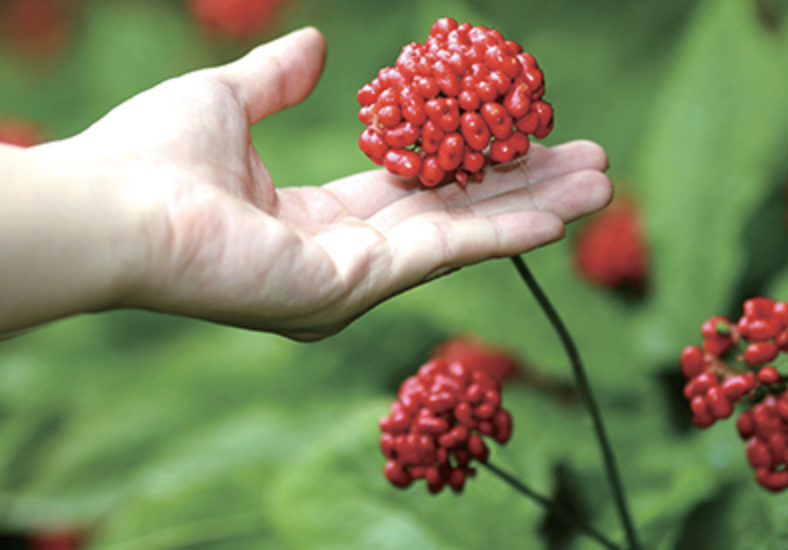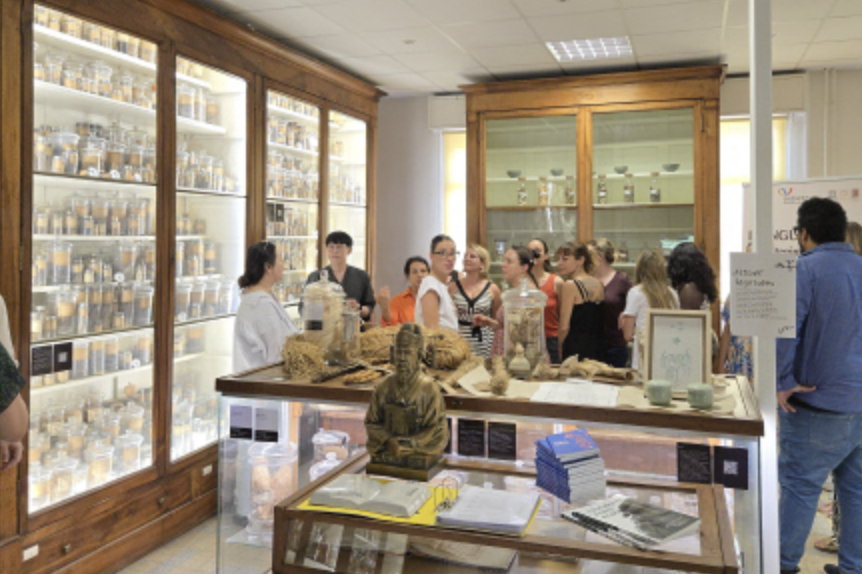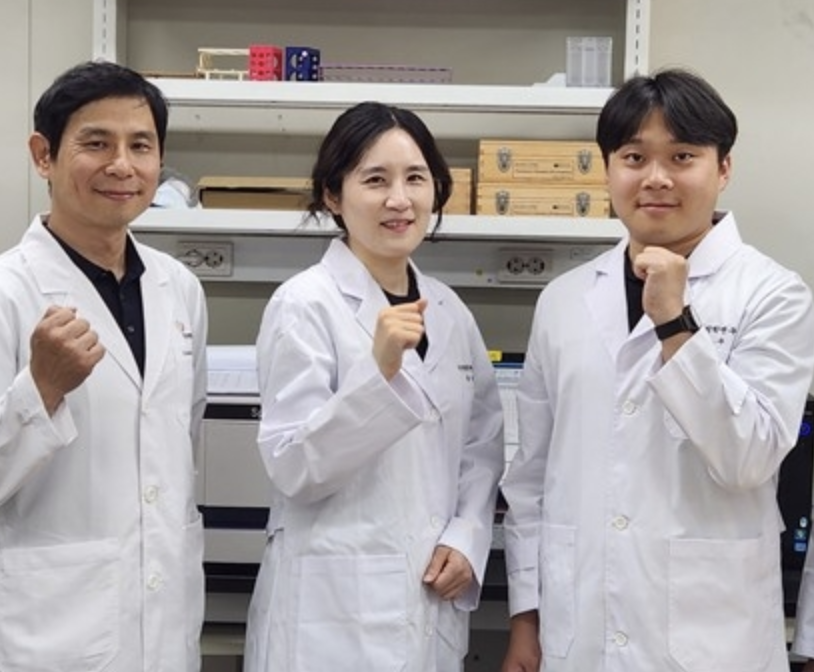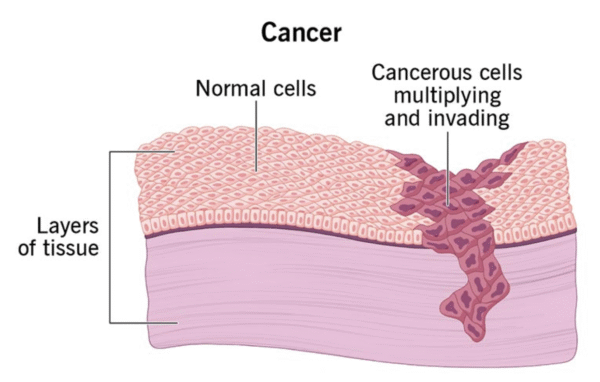
Wild Korean ginseng roots known for their anticancer ginsenosides
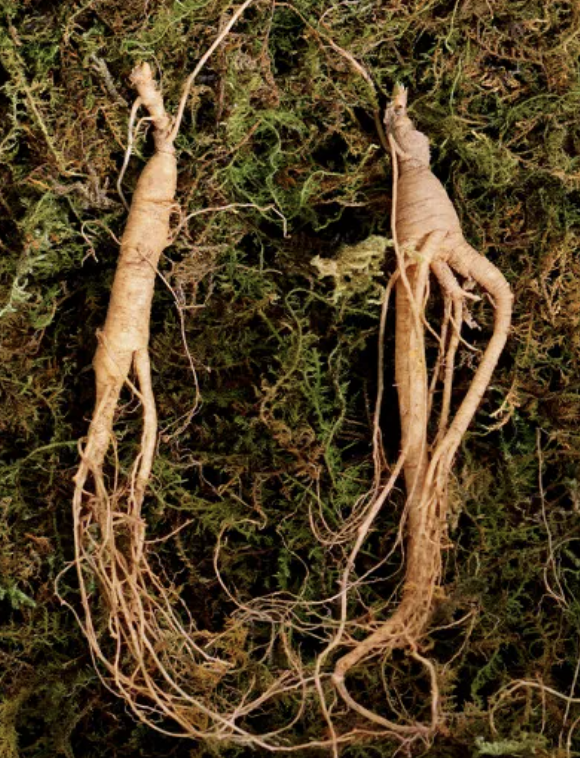
Korean wild ginseng, also known as Sansam (산삼), has long been revered in Eastern medicine for its powerful therapeutic properties. In recent years, global scientific communities have turned their attention toward exploring the anti-cancer potential of wild ginseng through rigorous clinical trials and molecular research. This article delves into the latest international studies on wild ginseng’s cancer-fighting properties, with a specific focus on its mechanisms, the difference between Korean and American ginseng, its impact on physical and mental fatigue, long-term health benefits, and real-world user experiences.
👉 Shop Wild Ginseng for Energy and Immunity
Global Research on Wild Ginseng’s Anti-Cancer Effects
Several peer-reviewed studies have identified bioactive compounds in wild ginseng—primarily ginsenosides such as Rg3, Rh2, and compound K—that demonstrate strong anti-tumor properties. According to a 2022 meta-analysis published in Frontiers in Pharmacology, these compounds exhibit the ability to inhibit cancer cell proliferation, induce apoptosis (programmed cell death), and suppress angiogenesis (formation of new blood vessels that feed tumors). The research analyzed over 50 studies involving breast, prostate, liver, lung, and colon cancers.
In a notable clinical study from the Korean Society of Ginseng (2021), participants diagnosed with early-stage lung cancer who received supplementary wild ginseng extract showed slower tumor progression and improved immune response compared to the control group. Researchers attributed these results to ginsenosides’ modulation of the NF-κB signaling pathway and their ability to regulate oxidative stress at the cellular level.
American research institutions, including the University of Chicago, have also acknowledged the anticancer potential of Panax ginseng. However, the concentration and variety of ginsenosides in Korean wild ginseng are significantly higher, as confirmed by a comparative study in Journal of Ginseng Research (2020), which concluded that Korean wild ginseng contains a wider spectrum of pharmacologically active ginsenosides than its American counterpart (Panax quinquefolius).
Korean vs. American Ginseng: A Comparative Analysis
While both Korean and American ginsengs belong to the Panax family, their chemical compositions differ due to growing conditions and genetic variations. Korean wild ginseng is typically grown in mountainous, mineral-rich soil and harvested after 10 to 15 years. This slow-growing process enhances the accumulation of rare ginsenosides (e.g., Rg3, Rb1, Rh2), which are especially potent in cancer prevention and immune regulation.
American ginseng, though beneficial for stress reduction and mild fatigue, tends to contain higher concentrations of ginsenoside Re, known for its calming effects but weaker anticancer properties. Thus, for consumers seeking robust support against chronic illness, particularly cancer, Korean wild ginseng offers superior efficacy according to multiple comparative pharmacological evaluations.
Ginseng’s Effects on Physical vs. Mental Fatigue in Cancer Patients
Fatigue is one of the most common and debilitating symptoms in cancer patients, often persisting long after treatment ends. In a study published in Supportive Care in Cancer (2023), 100 patients undergoing chemotherapy were given wild ginseng supplements for eight weeks. Those who received ginseng reported a 45% reduction in physical fatigue and a 30% improvement in mental alertness, compared to the placebo group.
The mechanisms are believed to stem from ginsenosides’ ability to regulate the hypothalamic-pituitary-adrenal (HPA) axis, balancing cortisol levels and improving mitochondrial function. This dual impact on physical and mental fatigue makes wild ginseng a valuable adjunct in supportive cancer care.
Real-World Usage and Testimonials
Many cancer survivors have shared their personal experiences with wild ginseng supplementation. Ms. Ji-Hyun Kim, a 54-year-old breast cancer survivor from Seoul, stated, “During my recovery, wild ginseng tea helped me regain my strength and mental clarity. I noticed fewer side effects from radiation therapy and a faster rebound in my immune markers.”
In the U.S., wellness platforms like GinsengAmerica and HerbalInsights have reported rising demand for Korean wild ginseng among consumers dealing with cancer-related fatigue, often describing noticeable improvements in daily energy, sleep quality, and mood regulation.
Long-Term Benefits of Wild Ginseng Supplementation
Long-term use of wild ginseng has been associated with strengthened immune function, enhanced antioxidant capacity, and reduced markers of inflammation—all of which are critical for cancer prevention and remission. A 5-year longitudinal cohort study conducted by the Korea Institute of Oriental Medicine (2019–2024) showed that individuals who regularly consumed wild ginseng extracts exhibited a 23% lower incidence of chronic diseases, including cancer, compared to the general population.
Additionally, wild ginseng has shown promise in reducing chemotherapy-induced toxicity. In animal models, it minimized liver damage and maintained normal white blood cell counts, which are often compromised during treatment. These protective effects suggest a broader potential for ginseng as a complementary therapy in integrative oncology.
Conclusion
Korean wild ginseng stands at the intersection of ancient wisdom and modern science. With growing international recognition and a robust body of scientific evidence supporting its anti-cancer effects, this powerful root has earned its place in the global functional medicine landscape. For patients seeking natural adjuncts to traditional cancer treatments—or for those looking to bolster long-term immunity—Korean wild ginseng offers a time-tested, research-backed solution.
#KoreanGinseng #WildGinseng #AntiCancerBenefits #Ginsenosides #GinsengResearch



